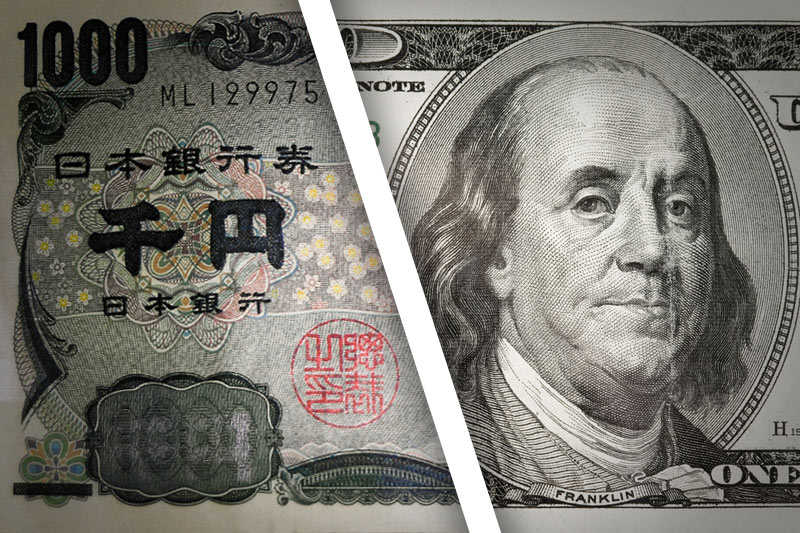Investing.com - The U.S. dollar was steady against the yen on Thursday, trading close to multi-month highs as expectations for more aggressive monetary stimulus from the Bank of Japan following the approval of Shinzo Abe as the country’s next prime minister weighed on the yen.
USD/JPY hit 85.87 during early European trade, the strongest level since April 2011; the pair subsequently consolidated at 85.65, inching up 0.03%.
The pair was likely to find support at 85.01, Wednesday's low and resistance at 85.87, the session high.
Shinzo Abe was formally approved as Japan’s prime minister by the lower house of parliament on Wednesday. Abe has recently called for unlimited easing by the Bank of Japan in order to weaken the local currency and spur growth in the recession-hit economy.
Earlier Thursday, new Finance Minister Taro Aso said that Abe has ordered him to compile a stimulus package without adhering to a previously agreed cap on new bond issuance, while new Economics Minister Akira Amari said the yen was heading toward appropriate levels with its recent weakening, and that it was important to maintain the downward trend.
Meanwhile, market players remained focused on developments surrounding the fiscal cliff in the U.S., approximately USD600 billion in automatic tax hikes and spending cuts due to come into effect on January 1.
President Barack Obama was to end his vacation and return to Washington on Thursday in order to take part in talks to avert the crisis ahead of the year-end deadline. Both chambers of Congress are also due to return to work on Thursday.
Elsewhere, the yen was lower against the euro with EUR/JPY rising 0.33%, to hit 113.58.
Later in the day, the U.S. was to publish its weekly government report on initial jobless claims, as well as data on new home sales and consumer confidence.
USD/JPY hit 85.87 during early European trade, the strongest level since April 2011; the pair subsequently consolidated at 85.65, inching up 0.03%.
The pair was likely to find support at 85.01, Wednesday's low and resistance at 85.87, the session high.
Shinzo Abe was formally approved as Japan’s prime minister by the lower house of parliament on Wednesday. Abe has recently called for unlimited easing by the Bank of Japan in order to weaken the local currency and spur growth in the recession-hit economy.
Earlier Thursday, new Finance Minister Taro Aso said that Abe has ordered him to compile a stimulus package without adhering to a previously agreed cap on new bond issuance, while new Economics Minister Akira Amari said the yen was heading toward appropriate levels with its recent weakening, and that it was important to maintain the downward trend.
Meanwhile, market players remained focused on developments surrounding the fiscal cliff in the U.S., approximately USD600 billion in automatic tax hikes and spending cuts due to come into effect on January 1.
President Barack Obama was to end his vacation and return to Washington on Thursday in order to take part in talks to avert the crisis ahead of the year-end deadline. Both chambers of Congress are also due to return to work on Thursday.
Elsewhere, the yen was lower against the euro with EUR/JPY rising 0.33%, to hit 113.58.
Later in the day, the U.S. was to publish its weekly government report on initial jobless claims, as well as data on new home sales and consumer confidence.
